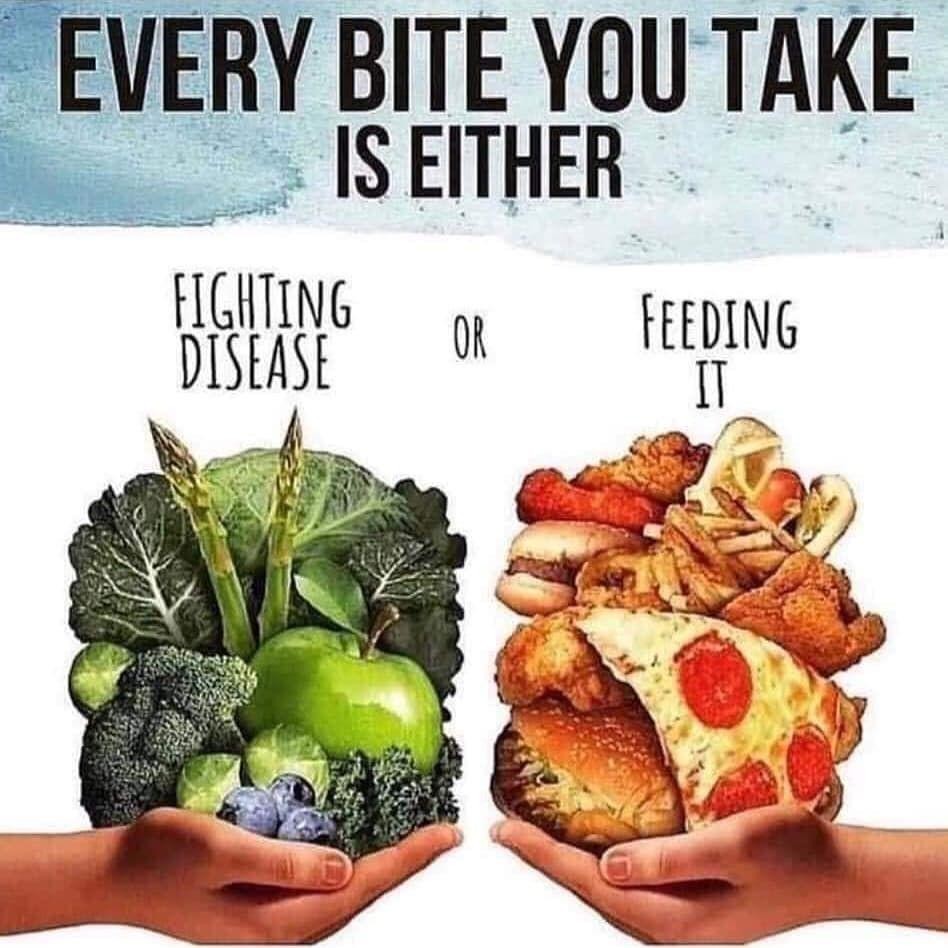Exercise and Diet: A Balanced Approach
While exercise is a powerful tool for improving overall health, it’s essential to understand its limitations.
Benefits of Exercise
- Mood booster: Regular physical activity can improve mood and reduce stress.
- Cardiovascular health: Exercise strengthens the heart and improves cardiovascular health.
- Muscle building: Resistance training can help build muscle mass.

A Balanced Approach
– Sustainable lifestyle changes: Focus on making sustainable lifestyle changes that incorporate both exercise and healthy eating habits.
By understanding the benefits and limitations of exercise, individuals can make informed decisions about their health and well-being.
The Addictive Nature of Junk Food
Junk food is designed to be highly palatable and addictive. Foods like burgers, chips, candy, and soda are engineered to trigger a strong response in the brain’s reward centers.

Key Factors Contributing to Addictiveness
- High sugar content: Many junk foods contain high amounts of sugar, which can activate the brain’s reward system.
- High fat content: Foods high in fat can also stimulate the brain’s reward centers, leading to cravings.
- High salt content: The combination of sugar, fat, and salt in junk food can make it highly addictive.
Impact on the Brain
- Triggering cravings: The combination of sugar, fat, and salt in junk food can trigger strong cravings, making it challenging to resist Breaking the Cycle
- Healthy alternatives: Finding healthy alternatives to junk food can help reduce cravings and support overall health.
By understanding the addictive nature of junk food, individuals can make informed decisions about their diet and develop strategies to maintain a healthy relationship with food.
The Calorie Conundrum
Fast food meals can be extremely high in calories, often ranging from 1,500 to 2,000+ calories per meal.

Burning Off Calories
- Intensity and duration: Burning off such a large number of calories would require intense cardio exercise for an extended period.
The Reality Check
- Difficulty in burning off excess calories: Given the high calorie content of fast food meals, it can be challenging to burn off the excess calories through exercise alone.
A Balanced Approach
By understanding the calorie content of fast food and the challenges of burning off excess calories, individuals can make informed decisions about their diet and lifestyle.
Fitness and Nutrition: A Balanced Approach
A Balanced Approach
- Combining exercise with nutrition: Regular physical activity combined with a balanced diet can help achieve fitness goals.
- Sustainable lifestyle changes: Focusing on sustainable lifestyle changes that incorporate both exercise and healthy eating habits can lead to long-term success.

By prioritizing nutrition and combining it with regular physical activity, individuals can achieve their fitness goals and support overall health and well-being.
Exercise and Diet: A Balanced Relationship
Exercise and diet are two interconnected habits that can either work together or against each other.
The Myth of Compensation
- No “get out of jail free” card: Exercise is not a license to indulge in unhealthy foods without consequences.
- No single solution: A healthy diet and regular exercise are both essential for overall health and wellbeing.

The Importance of Balance
- Complementary habits: Exercise and diet can complement each other, supporting overall health and fitness goals.
- Consequences of imbalance: An imbalance between exercise and diet can lead to negative health consequences.
Moderation Over Perfection
Achieving a healthy lifestyle doesn’t require completely eliminating junk food from one’s diet.
The 80/20 Rule
- Sustainable approach: This approach can be more sustainable for most people, allowing for flexibility and balance in their diet.
- Reducing guilt and stress: Allowing for occasional indulgence can reduce feelings of guilt and stress associated with restrictive dieting.
- Increasing sustainability: A balanced approach can increase the likelihood of long-term adherence to healthy eating habits.
A Realistic Approach
By adopting a balanced approach to diet and nutrition, individuals can cultivate a healthier relationship with food and support their overall well-being.
By understanding the relationship between exercise and diet, individuals can make informed decisions about their health and well-being.
The Impact of Junk Food on the Body
Consuming junk food can have negative effects on the body, even if the impact is not immediately noticeable.

Potential Consequences
- Inflammation: Junk food can cause inflammation in the body, which can lead to various health problems.
- Fatigue: Consuming high amounts of junk food can lead to feelings of fatigue and lethargy.
- Blood sugar spikes: Junk food can cause spikes in blood sugar levels, which can be problematic for overall health.
- Poor gut health: A diet high in junk food can negatively impact gut health, leading to digestive problems and other issues.
Beyond Weight Gain
- Internal impact: The negative effects of junk food can occur even if weight gain is not apparent.
- Importance of overall health: Prioritizing overall health and well-being is essential, rather than just focusing on weight or appearance.
A Proactive Approach
- Awareness: Recognizing the potential consequences of junk food consumption can help individuals make informed decisions about their diet.
- Healthy choices: Focusing on whole, nutrient-dense foods can support overall health and wellbeing.
